There is ample evidence to suggest that collaborative modeling offers significant advantages over modeling carried out by individuals. Collaborative modeling can be achieved by workshops and other interactive techniques. Recently there has been increasing interest in supporting collaborative modeling with web and repository based tools, especially where the desired participants are separated by distance and time zones and potentially language. This paper introduces and formalises some constructs and extensions to meta models (and meta meta models) which have been found useful in enhancing the usefulness of large scale collaborative modeling tools and the manageability of the models employed in support of enterprise architecture management. Issues addressed include: subject domain, ownership, authority, context, time, version, status, multiple opinions, user groups/roles, multiple languages and avoiding information overload.
?Date?
?Published?
